You may have heard the term “toxic productivity” before. It’s a term that is used to describe people who are so focused on being productive that they neglect their mental health and wellbeing.
This post will give you an introduction to why toxic productivity is such a problem and how it can affect your life. We’ll also look at some of the ways you can avoid becoming a victim of this type of behavior.
Toxic productivity refers to how someone might be working too hard in order to avoid feeling negative emotions, like fear or regret. They may be so focused on being productive that they neglect their mental health and wellbeing.
Productivity is addictive
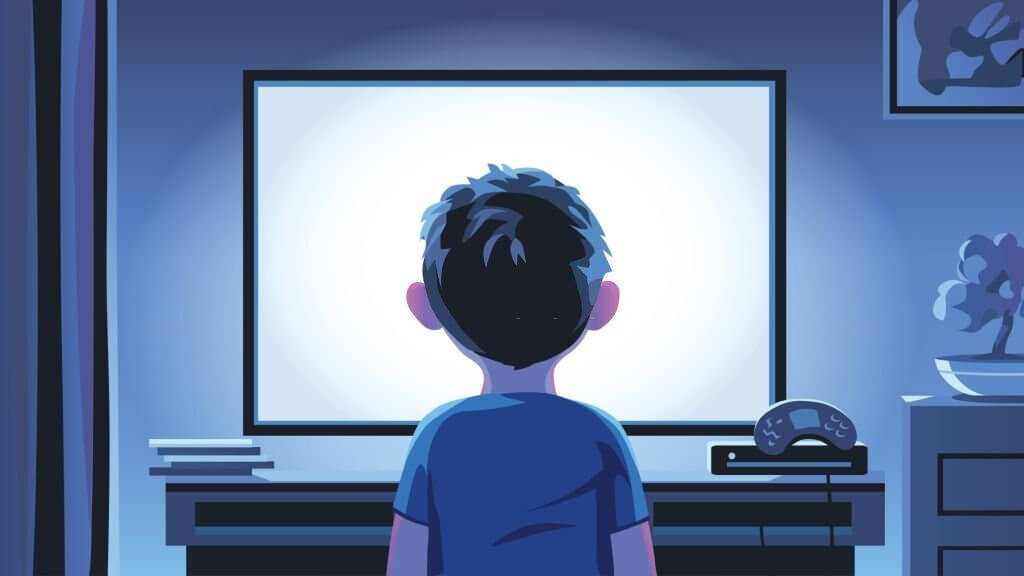
Productivity is addictive. We are always looking for ways to do more, to be better, and to be the best. This addiction has led us to push ourselves too hard and too often.
Productivity can have bad effects on people as well. Some people become addicted to productivity and it can be seen as a negative thing if they are not able to stop themselves from working all the time. Productivity can also cause stress and anxiety in some cases, as a result of not getting enough time for ourselves or our loved ones.
We will discuss the negative effects of productivity and how it can lead us down a dangerous path.
What is toxic productivity?
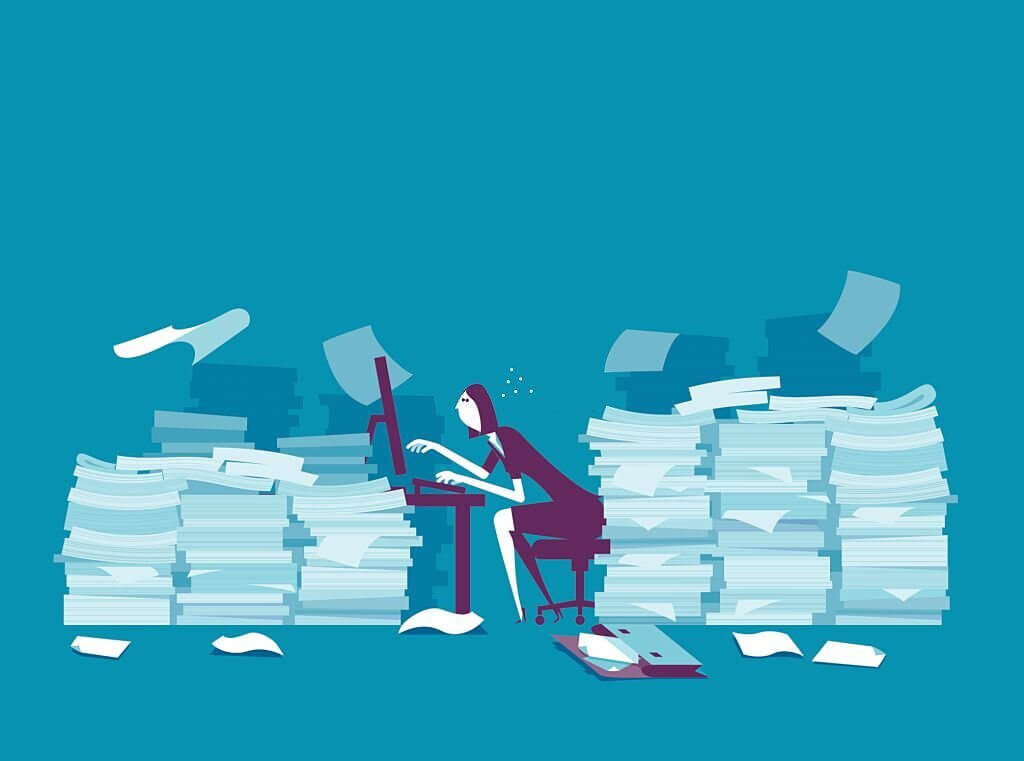
Toxic productivity is the idea of working very hard in order to not feel like you’re wasting time. This behavior is most prevalent in people who are perfectionists and those who have a strong need for control.
It can be a good thing to work hard, but it’s not healthy to work hard for the sake of it. Toxic productivity can lead to many negative outcomes, including stress, anxiety, burnout and even depression.
Dangers of toxic productivity
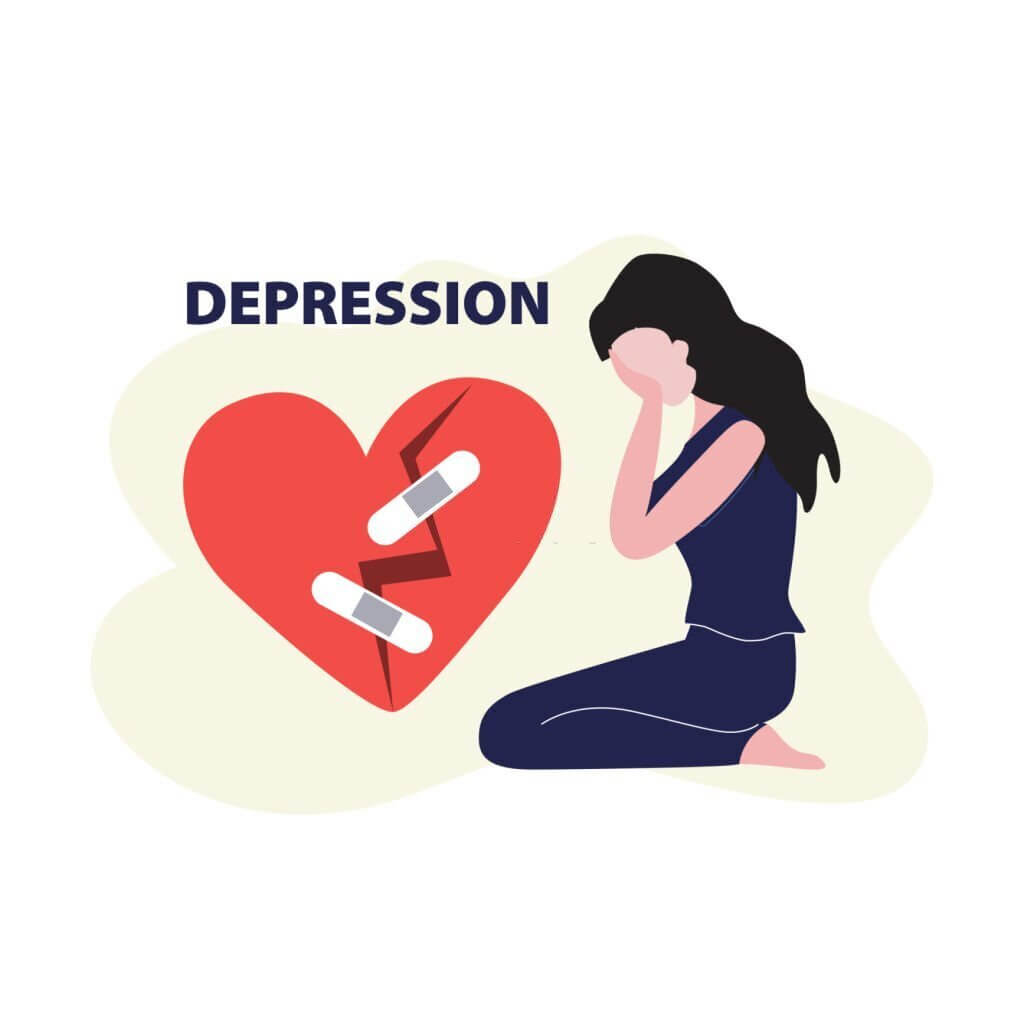
Productivity is a hot topic in today’s world. There are many articles and books written on how to become more productive. But what about the side effects of toxic productivity?
The concept of productivity can be great, but some people go to extremes and what may seem productive could actually be quite toxic. There are many side effects to being overly productive: feeling anxious, not enjoying life as much, experiencing guilt or concern about not being productive enough, and sacrificing sleep.
We are living in a world where we are constantly connected to our work and our devices. We are not giving ourselves enough time for rest and recovery. This can lead to burnouts, stress as mentioned earlier.
The dangers of toxic productivity are becoming more prevalent in the workplace today. With the rise of technology, we have become more interconnected with our work than ever before. Work has now become an extension of who we are which can lead to negative effects if not managed properly.
Toxic productivity is workaholism on steroids
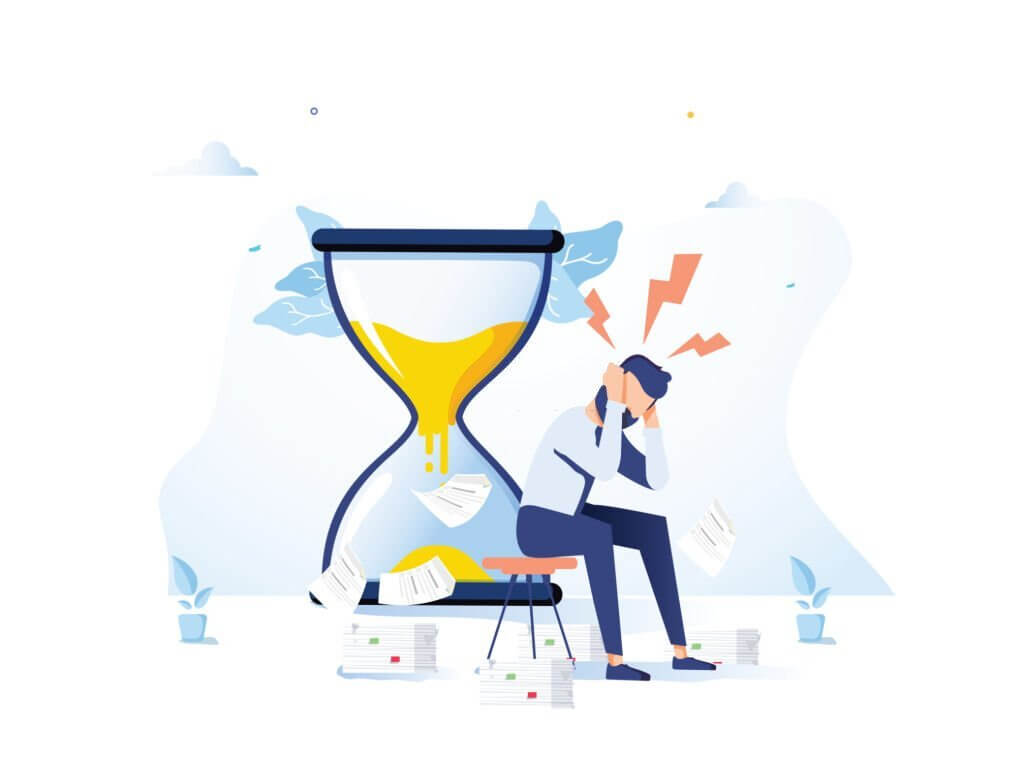
The idea that in order to be successful, you need to work harder and longer than anyone else is a toxic one because it puts too much pressure on a person’s mental and physical health.
Workaholism on steroids is when people feel obligated to work 24/7 without taking any time off. This kind of behaviour has been shown to have negative effects on the person’s mental health, such as depression and anxiety.
In addition, it can have a negative impact on the person’s physical health including problems with metabolism and digestion. It can also lead to relationship problems due to less time spent with loved ones. Sleep deprivation is when people do not sleep for more than a few hours each night. This can have negative effects on the physical health of the person, and has been shown to increase the risk of high blood pressure and heart failure.
Yet for something so extreme it can be difficult to recognize

Toxic productivity and it’s toxic patterns are often not recognized for what it is because people are often so used to their own habits that they can’t see how bad they are.
Working too hard is not the same as working well. In fact, the opposite might be true.
“If you’re constantly trying to force things into existence or feel guilty, that’s toxic productivity,” Milasas said.
How to stop the vicious cycle?
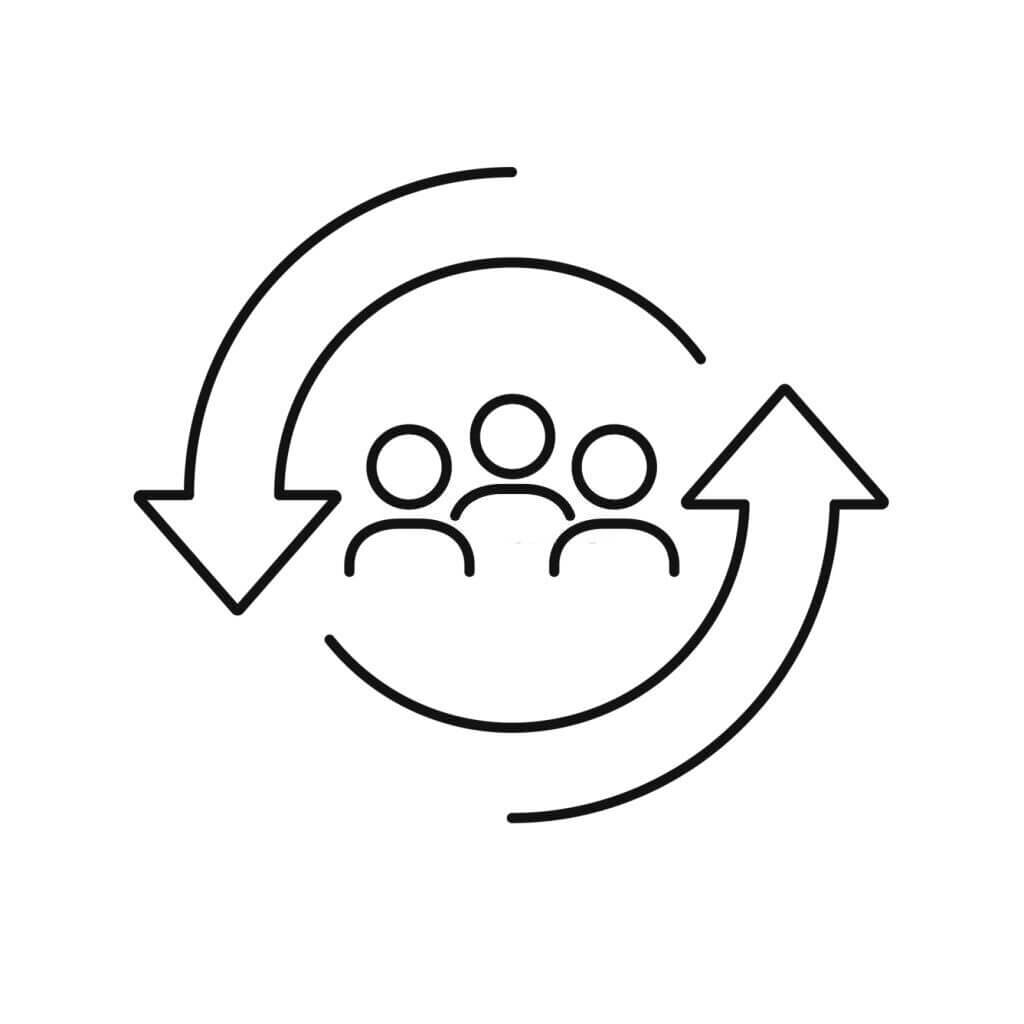
The problem of toxic productivity is not new. The term was first coined in the 1970s by an American psychologist, Dr. Wayne Dyer. He defines it as a state of mind where people feel they have to be productive all the time, no matter what the cost, be it personal relationships or family life.
In order to combat the toxic productivity trap, it is important to take care of your body and mind. One way to do this is by taking breaks throughout the day aka practice self care.
Toxic productivity can be both physical and mental in nature. It can include things like chronic stress, workplace burnout, and even depression. It can also include things like taking on too many tasks at once or working when you are sick or tired.
When it comes to overcoming toxic productivity, there are two main options. One is to change your mindset and the other is to change your environment.
Changing the mindset
It is extremely important to change the toxic mindset of being productive a 100% of the time, or drilling down to the tip of perfection as it can definitely do more harm than good.
Instead of being of perfectionist, sit back, relax and enjoy your progress (how many times have you done this?). This is a rewarding behavior for your brain when it does something good, just like how you backlash at it when something goes wrong, don’t forget to compliment yourself for when something goes right.
Change the environment
It may not be necessary that the problem lies in your mindset every time, it can be your environment as-well. If you don’t fell like you resonate with any of the above toxic mindsets, changing the environment might be your best bet.
Consider changing your workplace, or if that’s not possible introduce small changes in it. Incorporate music in your workflow, sure it might hit your productivity levels at first but you’ll grow into it soon.
Why doing less is often more efficient—and healthy
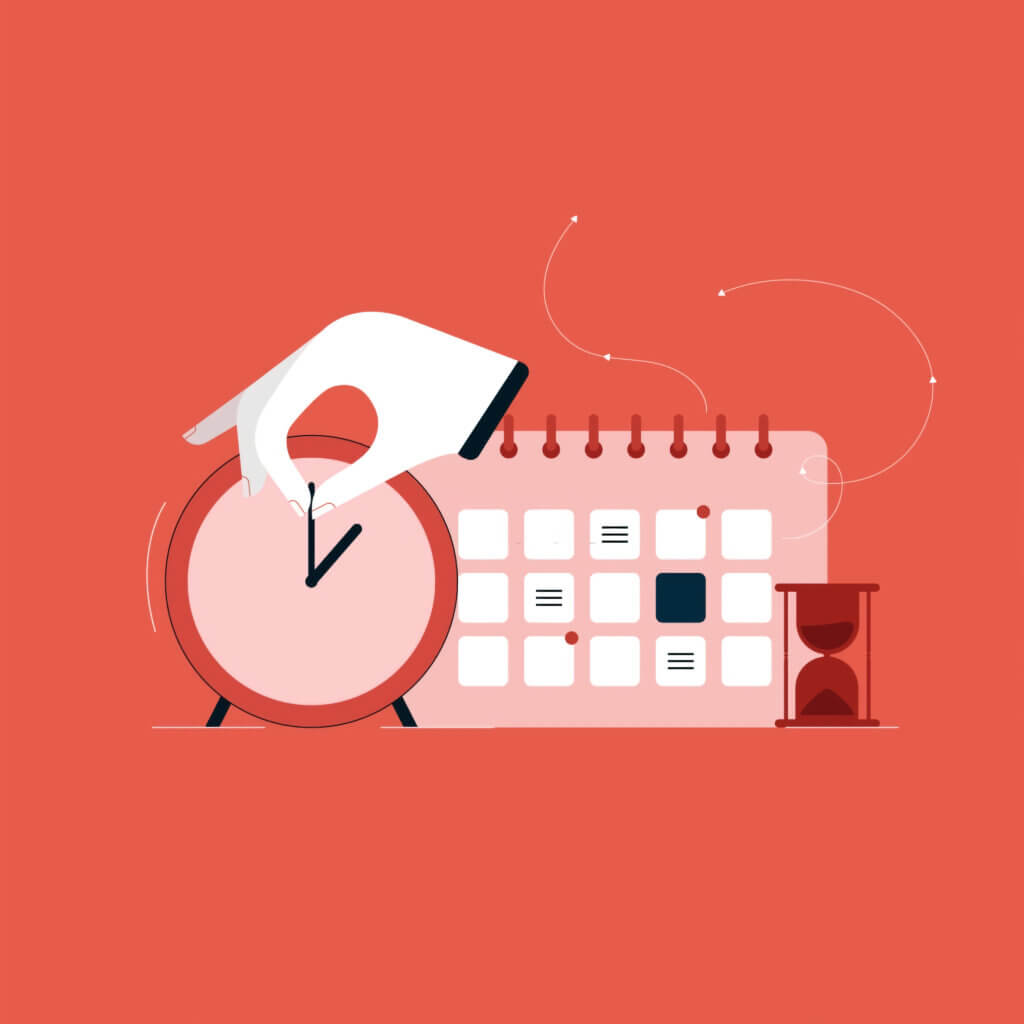
Often when the productivity topic comes into discussion, people think of it as how can we do more or how can we get more work done, which is true to the meaning of productivity but is lacking the time component i.e.,
Productivity = Useful work done in the shortest amount of time possible.
However, when it comes to actually kickstarting your productivity it starts with doing less, here’s why.
Wrapping Up!
Striving towards perfection ain’t bad, but blinding yourself to just one goal and jumping to the extremes often is. Productivity isn’t all about achieving the most in the shortest amount of time, it’s more about maintaining a healthy work life balance.
Self care comes before productivity is a rule that should be kept well in mind. The hustle culture, social media gurus are guilty of overlooking this factor. Setting unrealistic expectations is another trap which might lead you to the world of toxic productivity.


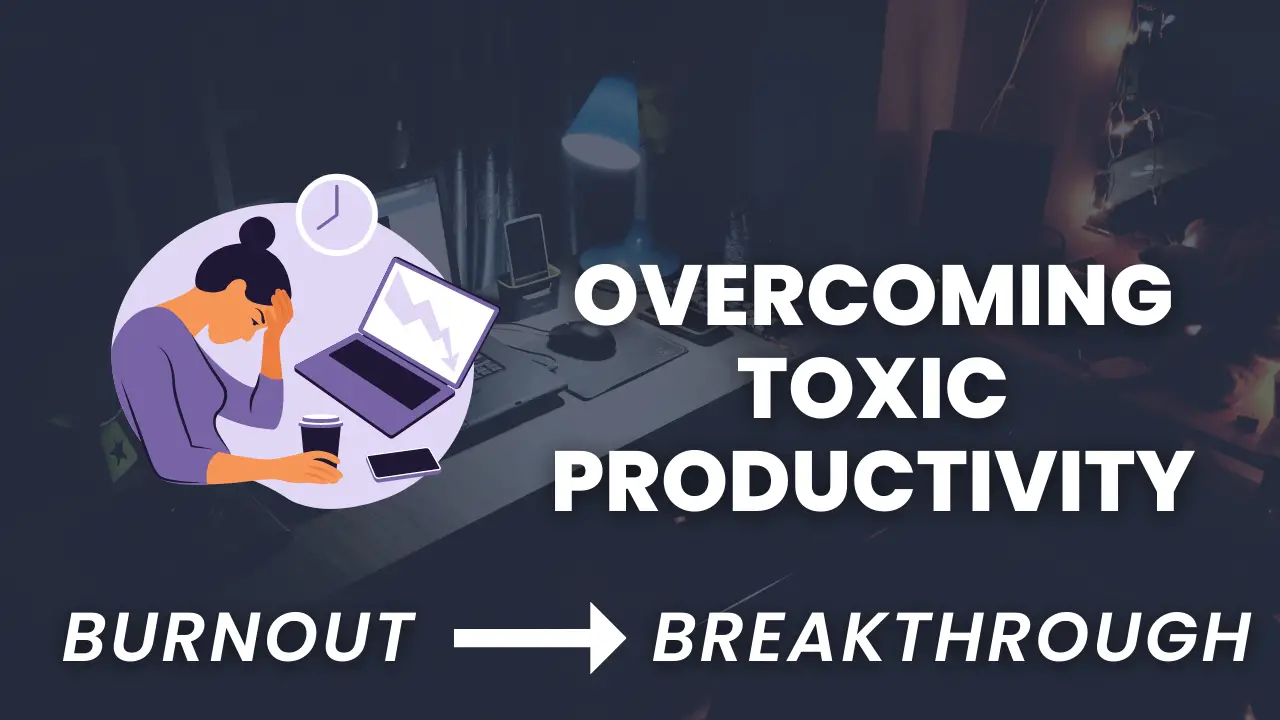
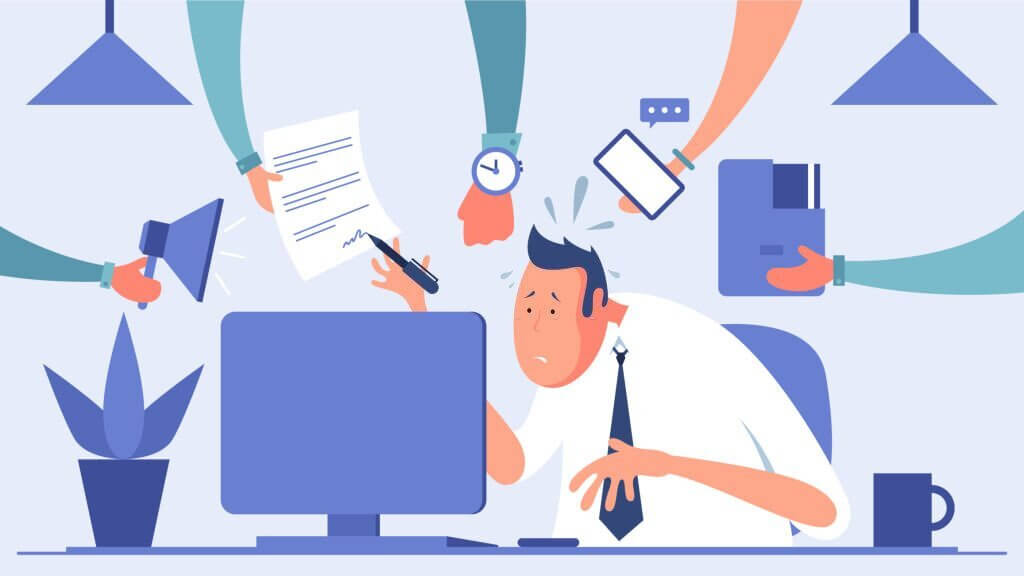
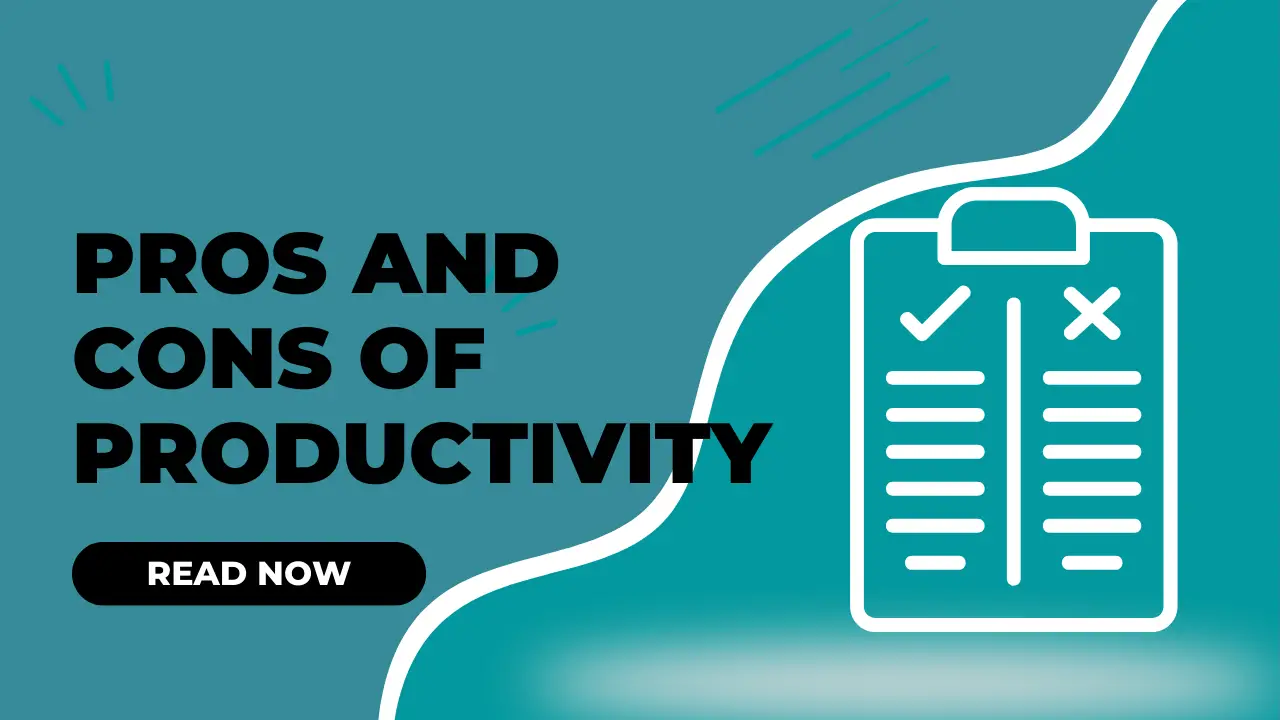

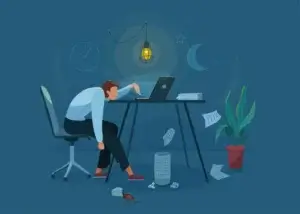




Leave a Reply